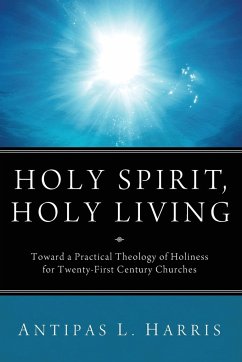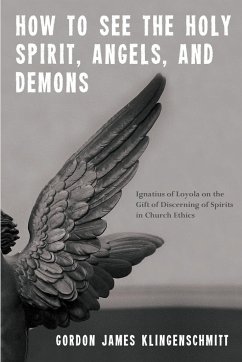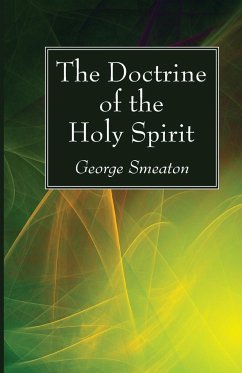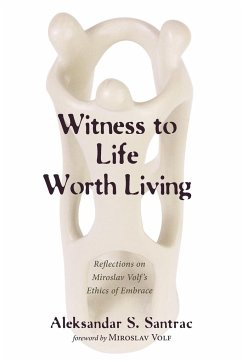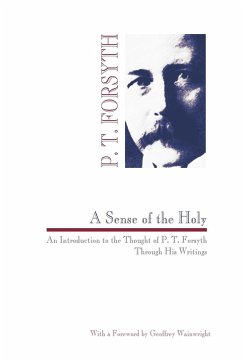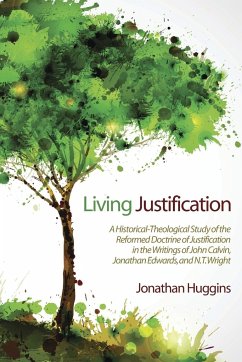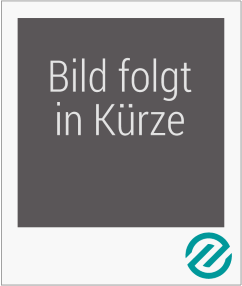The language of holiness seems outdated. It is a word that comes to us thwarted by a negative history, associated with undesirable restrictions and oppressive legalisms. What do you do with a term that has been negatively socialized, even among churches, when the God of the Bible clearly states that He wants His people to be holy? Holy Spirit, Holy Living aims to dust off the discarded idiom and rediscover the depth and splendor of holiness. What are some practical implications for theological and spiritual practice? Two broad categories express the particularity of the Church in the world. As such the Church must maintain peculiarity to the world. First, holiness properly understood speaks to being and acting in a way that reflects both a regenerated life in Christ and the ongoing renewal in Christ by the power of the Holy Spirit. Secondly, holiness as a lifestyle must include at least three principles: rest, being, and doing. These three standards undergird a life of conviction of faith and practice, worship for God, and service to others. A holy life follows Christ and is Spirit-filled. It is unbent by society, which is numb to what God wants.
Hinweis: Dieser Artikel kann nur an eine deutsche Lieferadresse ausgeliefert werden.
Hinweis: Dieser Artikel kann nur an eine deutsche Lieferadresse ausgeliefert werden.

